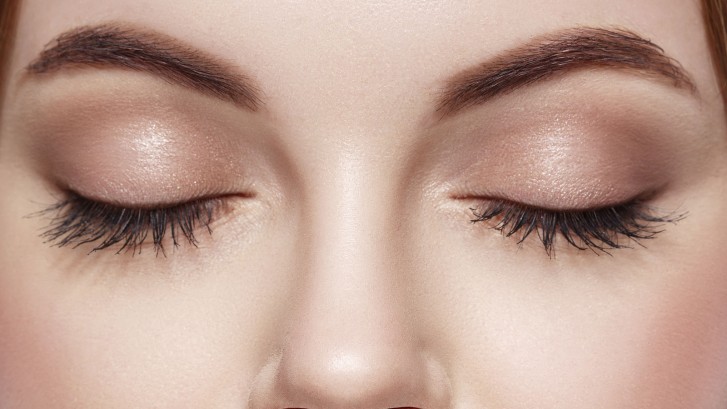The Steps You Need To Take Before Your Neck Lift Surgery
 A neck lift is a major operation that will require extensive cooperation from you, the patient. This might mean making certain lifestyle changes that will help ensure a smooth operation and optimal recovery. Make sure to listen to your surgeon’s instructions carefully, and follow these steps for additional guidance:
A neck lift is a major operation that will require extensive cooperation from you, the patient. This might mean making certain lifestyle changes that will help ensure a smooth operation and optimal recovery. Make sure to listen to your surgeon’s instructions carefully, and follow these steps for additional guidance:
Medication
During your consultation, your surgeon will tell you which medications to avoid before your surgery. Certain medications, and even vitamins, will thin your blood and increase the risk of bleeding. Be sure to ask your surgeon about any concerns you might have about the medications or supplements you are taking.
Smoking
Smokers must be prepared to cease smoking for two weeks before the surgery and two weeks after. This means a complete break from cigarettes. Smoking even once during this period can complicate recovery.
Diet
Patients must monitor their diet as well. Make an honest and thorough assessment of your diet, as proper nutrition is necessary for the healing process. Patients accustomed to a low-calorie diet will need to be especially aware about eating properly.
Clothing
Loose, comfortable clothing which can be removed without overhead pulling should be worn on the day of the surgery. For most women, a button-down blouse will likely be the best option. Proper clothing is for your own comfort following the surgery.
Recovery
Most patients can expect at least a week-long recovery period. Plan your time-off in advance with this in mind. Recovery periods vary from person to person, so make sure that you are clear on how long your doctor expects your recovery to take.
Home Recovery Area
Patients undergoing a platysmaplasty, cervicoplasty, or certain other procedures will need to have a home recovery area prepared prior to surgery.
For your personal home recovery area, have the following readily available:
-Ice packs
-Gauze and towels
-A thermometer
-A supply of comfortable, loose clothing (preferably button-down shirts or blouses that do not require overhead pulling)
-Petroleum jelly and antibacterial ointment for incision sites
-A phone always within arm’s reach
-A supply of pillows, which can be used to keep your head in a comfortable position
Someone who can attend to you for at least 24 hours following the surgery
If you envision a neck lift in your near future, schedule a consultation with Dr. Binder today to review your personal needs and detailed instructions to follow before and after your surgery.









